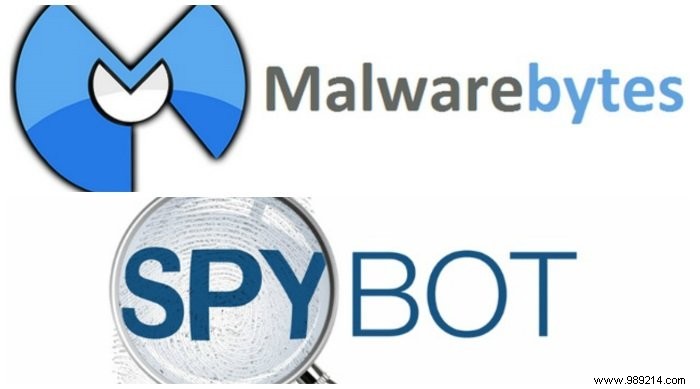Do you have an antivirus installed and running on your system? In an age when free antiviruses can top the charts in virus detection tests, there is always a solid and effective security solution that you can download without spending a dime. This can make people think about downloading multiple antiviruses. After all, the more you download, the safer your computer will be, right?
ContentsPerformance issuesFighting over filesBlaming each otherWhat about scanners?All for one

Let's say you download a file from the Internet. A good antivirus will detect this action and immediately perform a scan on said folder to make sure it is not infected. Unfortunately, if you have downloaded several good antiviruses, it means that they will all rush over each other to scan the file at the same time. You may find that the file gets stuck where every antivirus tries to claim ownership of it, and you will likely notice a decrease in system performance while this is happening.
When a file turns out to be a virus, multiple antiviruses can end up causing more problems than necessary. Both will want to remove and delete the virus on their own terms, which will lead them both to ask you if you want to quarantine them. Unfortunately, they will only really accept a quarantine if they are the ones doing the quarantine. If you allow one to quarantine the virus and deny the other, this second antivirus can retrieve the file from the quarantine of the first antivirus and constantly alert you to a virus threat, despite the fact that it is stored in safe!
The worst effect of multiple antiviruses working in tandem is that they don't trust each other. When an antivirus does its job, it assumes it's the only one installed. Therefore, if they detect a second antivirus that scans the files, they will assume that it is in fact a virus. At best, you'll be bombarded with fake virus alerts when antiviruses spot themselves. At worst, they may start trying to delete each other's files, which will lead to system instability and corruption of important files.

Throughout this article, we've focused entirely on antivirus programs — those that run in the background at a deep level within an operating system. You may have downloaded anti-malware and anti-spyware scanners to help protect your PC. These are different because they don't always scan for threats, but can be used to perform a single sweeping scan on a PC when you ask it to. Will these scanners cause problems with an active antivirus?
To answer this question, it depends on what you use the scanner for. Some scanners have their own real-time scanning option which will likely conflict with an antivirus. If you disable these real-time features and do a simple scan with it, it probably won't conflict. Ideally, you can tell your antivirus to exclude the scanner from its own scans, so it will leave your scanner alone. Even then, however, you may notice a drop in performance when both software are scanning at the same time.
If you want to use an antivirus and a scanner at the same time and want to know the ramifications, check the website of your favorite scanner software for help. For example, Malwarebytes has a list of compatible antiviruses (PDF) while Spybot explains how to make it work hand in hand with an antivirus.
When looking for antivirus software, you may be tempted to download and run several programs to boost your security. The truth is that it is far from ideal! Choose an antivirus that you gel with the most and use it alone. If you want to make your computer as secure as possible, read antivirus reviews and choose the one that works best.
What does your computer security look like? Are you using active antivirus and scanners? Are you using the antivirus solution built into your operating system? Or are you using an operating system that doesn't need it? Let us know below.